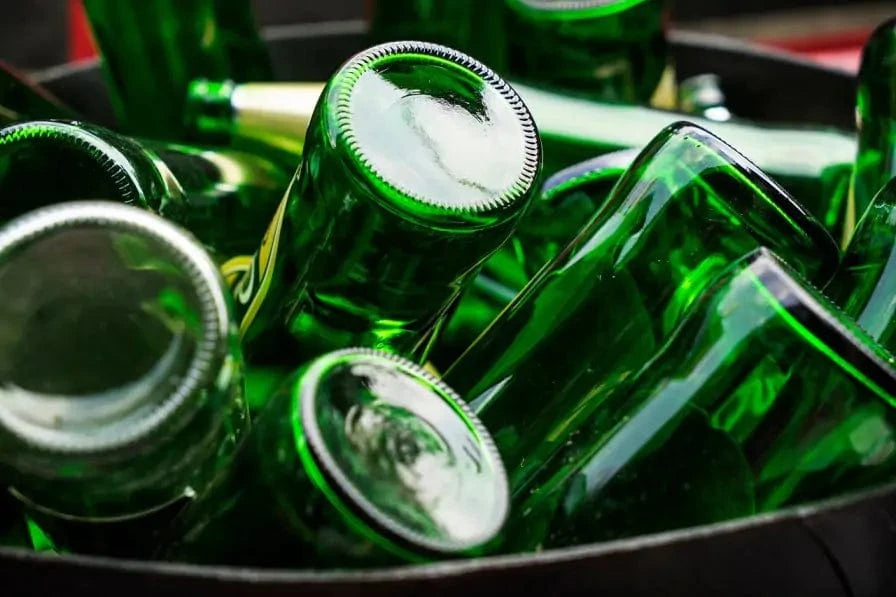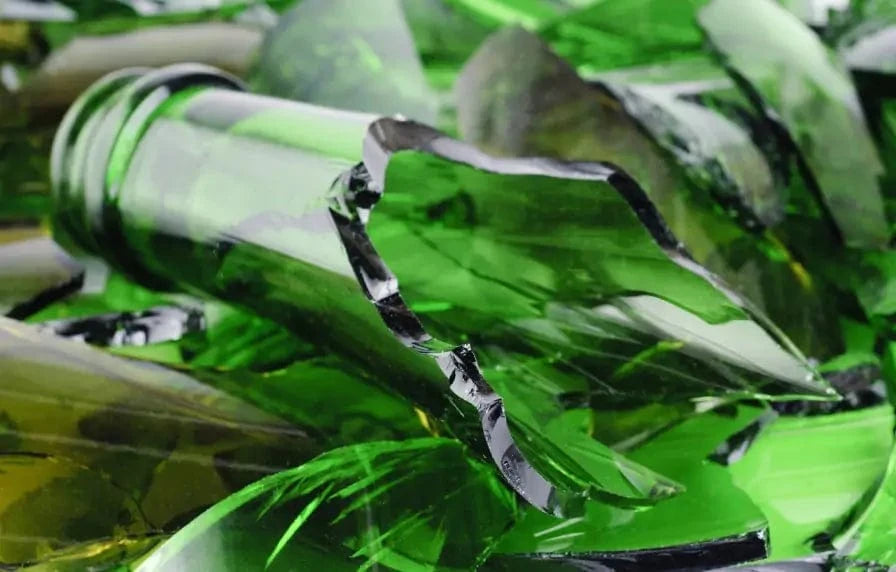Your basket is currently empty.
Shop NowUnderstanding Proper Handling of Dangerous Recyclate

Understanding Proper Handling of Dangerous Recyclables
Everyday recyclate such as glass, paper, and cardboard are fairly harmless to handle and sort for recycling. However, even they can cause cuts and lacerations when mishandled, yet there are other materials that present even greater risks to the handler and to the environment.
Recyclate material is the rubbish that we generate on a daily basis and more often than not toss into the rubbish bin for disposal. Conservatively speaking, as much as 50 percent of that which is tossed into the general rubbish container could be recycled. Marketing programs, pleas from environmental concerns and years of public relations efforts have not been 100 percent effective in motivating people to recycle. In the UK and other major population centres around the globe, a large percentage of consumers fail to follow recycling guidelines for one reason or another.

One of the major complaints is that they do not wish to handle rubbish any more than necessary. While understandable, it is impossible to successfully recycle without some manner of segregation of recyclate materials. Handling rubbish is a dirty job, and it can also be a hazardous job. To ensure safety when handling various types of recyclate the following recommendations should be considered.
The first safety item recommended is a pair of cut-resistant gloves. Cut-resistant gloves are important if one is to extensively handle rubbish. Nails, broken glass and even broken plastic can give quite the nasty laceration. Cuts caused by rubbish are doubly worrisome as the presence of bacteria makes infection all the more likely. Cut-resistant gloves can be purchased for as little as £1.59 per pair. Prices can range to as much as £20 per pair of gloves made from Kevlar and other proven cut-resistant materials.
Next, a dust mask should be acquired. Masks that conform to EN149 2001 parameters will protect the airways and lungs from particulate matter and dust. Dust masks can be purchased for about £7.50 for a box of 20. This price makes them more than worthwhile as some of the long-term medical implications of breathing certain rubbish particles can be financially devastating and indeed quite deadly.
Finally, a pair of safety or goggles will be needed to protect the eyes. This item will set the consumer back about £7 to £10 depending on the model purchased. Since eyes are not replaceable (yet) and vision is a rather handy thing to have, it is recommended that safety goggles be used. Goggles are recommended over glasses as the goggles seal around the eyes and protect dust irritation as well as direct strikes by larger matter. Most goggles work well with dust masks. Look for safety goggles that conform to EN166 2003.
Mesothelioma is a lung disease caused by a material called asbestos that was used in commercial and residential construction prior to 1970. Asbestos fibres can lodge in the lung tissue and cause a myriad of diseases, some of which are terminal. Asbestos is also an irritant to the eyes and airways. It is highly advisable that the local council be contacted for information and advice before attempting to remove, handle, transport and dispose of asbestos and asbestos containing materials.
Batteries are considered hazardous waste and should be recycled accordingly. As with any hazardous material, consulting with the local council is recommended. As of May 5th, 2009, new regulations were established pertaining to the recycling of waste batteries. On January 1st, 2010, free nationwide collection and recycling of waste batteries was provided by BatteryBack. More information can be obtained from the official batteryback.org website.
Clinical waste and medical supplies are hazardous materials that the average consumer will not be dealing with under normal circumstances. However, the disposal of personal needles and syringes, and prescription medicine containers should be recycled according to applicable regulations. Those who do have charge over recycling such waste should be aware of regulations and medical industry recommendations.
As mentioned before, non-hazardous materials such as glass, paper, cardboard, and wood can still leave the handler with nicks, cuts and potential infection. Be careful to remove nails from wood if possible. Broken glass should be handled with extreme care to avoid serious lacerations.

Caution should be used when disposing of plastic containers that once held insecticides, herbicides and other poisons. Such containers should be carefully and thoroughly rinsed clean before placing them in the plastics bin.
Knowing the regulations is your first line of defense when attempting to safely recycle rubbish. Awareness of existing hazards and using the proper safety equipment to protect against them will make recycling more pleasant and beneficial for consumers and he environment.
Main image courtesy of WRAP UK
